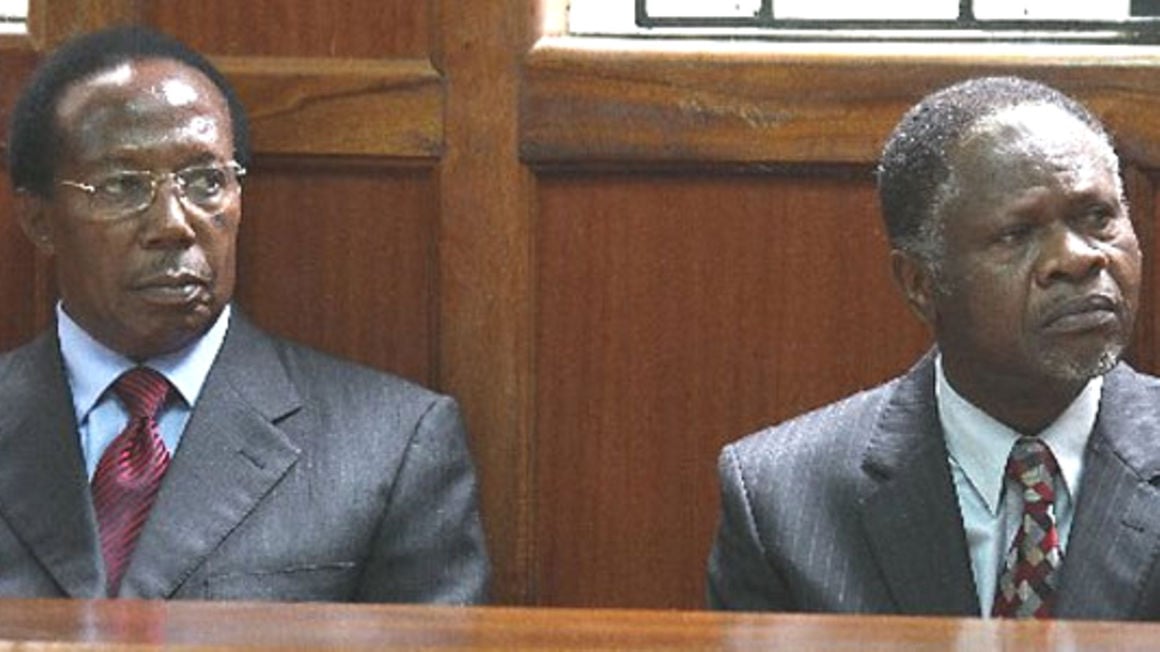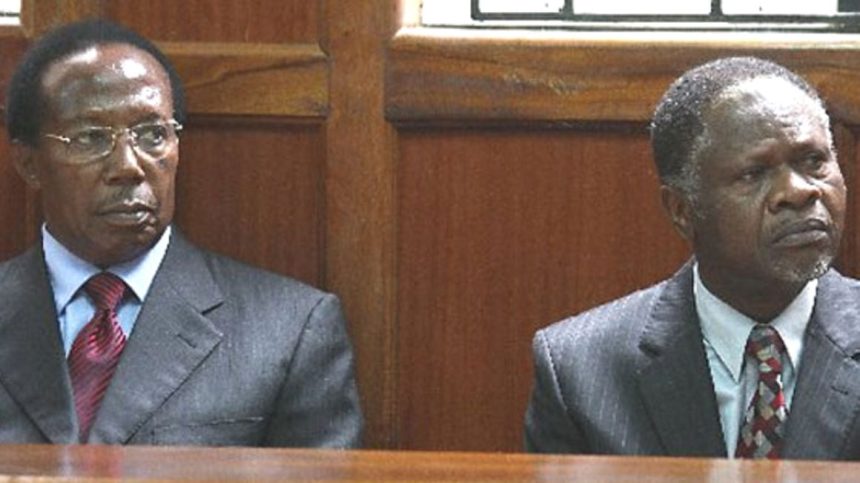Kenya has moved to relax extradition rules in proposals aimed at making it easier to bring individuals wanted in other countries for crimes such as stashing ill-gotten wealth abroad to justice.
Under the changes proposed to the anti-money laundering, combating terrorism financing and extradition laws, a fugitive being sought by a foreign state, including from the Commonwealth, may agree to extradition, eliminating the need for lengthy extradition proceedings.
“A fugitive criminal being sought by a requesting State may consent to be extradited to that requesting State without conducting formal extradition proceedings,” says the Anti-Money Laundering and Combating Terrorism Financing Laws (Amendment) Bill, 2023.
Amendments have also been proposed to the Extradition (Contiguous and Foreign Countries) Act and the Extradition (Commonwealth Countries) Act.
A fugitive who consents to be returned to another country for prosecution under the new law shall be advised on his or her rights as well as the legal consequences of the simplified procedure.
This may require them to forfeit their entitlement to the rule of speciality, which limits the prosecution to offences for which the extradition was granted and not any other crimes.
“The consent and, where appropriate, the renunciation of the entitlement rule of speciality shall be recorded by a magistrate and may not be revoked,” adds the draft amendment.
Once the fugitive agrees to give consent to extradition, a copy of the consent shall be transmitted to the central authority with the view to arranging his or her surrender to the requesting state.
Presently, formal extradition proceedings are mandatory in what is usually a protracted process through the courts.
For instance, the proposed extradition of former Finance Minister Chris Okemo and former Kenya Power CEO Samuel Gichuru to the island of Jersey for prosecution over the theft of public funds and money laundering was particularly protracted.
The Attorney-General and the Director of Public Prosecutions clashed over who had the legal authority to trigger the extradition proceedings in court in a battle that ended at the Supreme Court.

Under the current laws, any fugitive criminal or other person arrested and sought for extradition is to be taken to court where a magistrate makes orders with regards to their extradition.
A requisition for the surrender of a fugitive criminal, of any country, who is in or suspected of being in Kenya is made to the government by a diplomatic representative or consular officer.
The government may refuse the order for extradition if it thinks that the offence in question is one of political character.
Equally, a fugitive accused of an offence triable in Kenya or one undergoing sentencing under any conviction in Kenya shall not be extradited until their discharge,
Extradition crimes include criminal homicide, injury to persons, abduction, rape, offences relating to narcotics and dangerous drugs, damage to property, and falsification of currency, including counterfeiting and forgery.
Other crimes covered in the country’s extradition laws include forgery, fraud, piracy and organised criminal group offences.
Kenya has been tightening its extradition rules including most recently in March signing bilateral treaties for the extradition of citizens to China and Italy.
Softer extradition laws could help ease the extradition of fugitives as was the case of wildlife and drug trafficker Abdi Hussein Ahmed who did not oppose his extradition to the United States last year.
Ahmed was wanted in the US after an indictment in a Sh998 million ($7 million) protected wildlife species trafficking case alongside members of an alleged international trafficking ring.
Mr Okemo, the former Finance minister was discharged after the extradition suit failed to show evidence demonstrating why he ought to be taken to the UK to face charges in a case involving the theft of Sh1.5 billion.
The extradition of his co-accused, Mr Gichuru, was meanwhile suspended on grounds of ill health.
Extradition is the process through which a person suspected of having committed an offence in one country and having sought refuge or hidden in another country is rendered back to the country in which the offence is alleged to have been committed to face trial. Extraditions are often based on treaties between countries.
Recent high-profile extradition cases have included the extradition of Asif Hafeez who was extradited to the US from Britain on charges of supplying drugs to Akasha brothers.
The brothers were meanwhile extradited to the US from Kenya in 2017 on suspicion of smuggling heroin.




